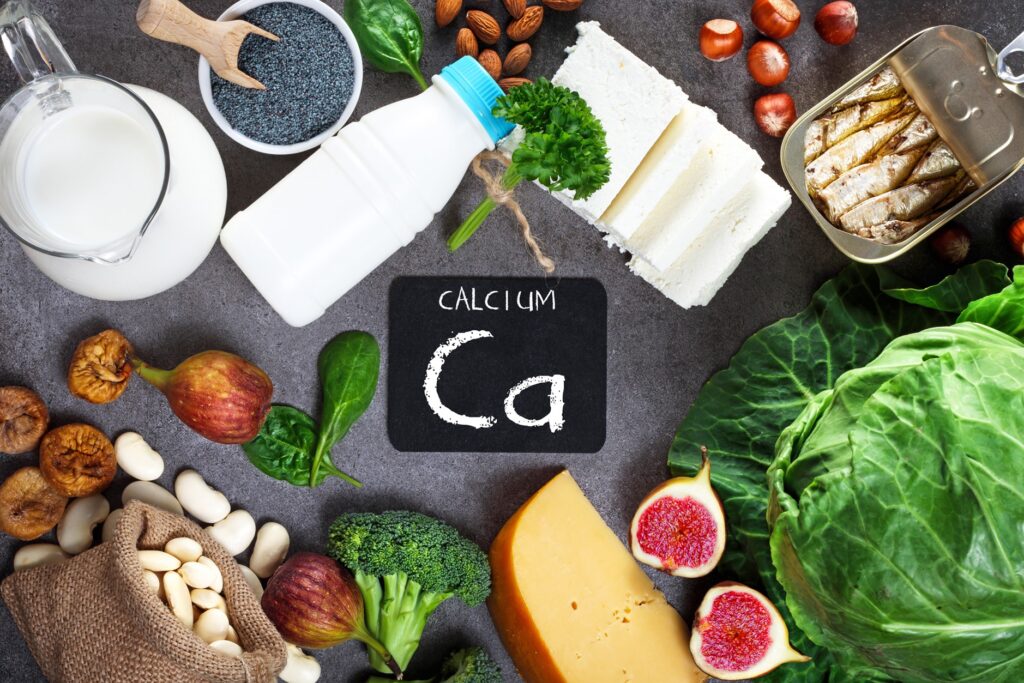As we grow old, joint health becomes increasingly important for maintaining mobility and independence. While aging is inevitable, you can take steps to keep your joints healthy and strong through proper nutrition. Here are some tips, exclusively from a nutritionist’s perspective, to help you support your joints and minimize discomfort as you get older.
What are the best anti-inflammatory foods for joint health?
Joint pain often stems from inflammation. Diet which is rich in anti-inflammatory foods can help reduce joint discomfort. Include foods like:
- Berries: Strawberries, Blueberries, and raspberries are enriched with antioxidants that fight inflammation.
- Leafy greens: kale, spinach, and broccoli are rich sources of vitamin K, which supports bone health and helps decrease inflammation in the joints.
- Nuts and Seeds: Chia seeds and walnuts are high in omega-3 fatty acids
How much calcium and vitamin D do older people need for joint health?
Vitamin D and Calcium are crucial for maintaining bone density, which directly impacts joint health. With age, our bones become more prone to fractures, making calcium-rich foods critical.
- Calcium Sources: Dairy products like fortified plant-based milk, yogurt, and cheese, as well as leafy greens like broccoli and kale are excellent sources of calcium.
- Vitamin D: Our body needs vitamin D to absorb calcium. Sun exposure, plant based fortified foods, and supplements can ensure you’re getting enough.
How does weight affect joint health in old age?
Carrying excess body weight adds extra pressure on your joints, especially on your knees, hips, and spine. Maintaining a healthy weight can reduce joint strain, decreasing the risk of developing arthritis or worsening joint pain.
- Focus on balanced diet which is rich in whole grains, lean proteins, and vegetables.
- Avoid sugary drinks and processed foods, as it can lead to weight gain and increase inflammation.
Why is hydration important for joint health in old age?
Cartilage, the tissue that cushions your joints, relies on water to stay lubricated and function properly. Dehydration can cause stiffness and discomfort in the joints.
- Aim for 8 cups of water daily.
- You can also hydrate through water-rich foods like cucumbers, oranges, and watermelon.
What nutrients support joint and bone health in older people?
Besides calcium and vitamin D, other nutrients are essential for joint health:
- Magnesium: Found in nuts, seeds, and whole grains, magnesium helps regulate calcium levels.
- Collagen: Foods such as tofu are rich in isoflavones, which can help support collagen levels in the body
- Vitamin C: Citrus fruits,and tomatoes are high in vitamin C, which supports collagen production.
As you age, your diet plays an significant role in maintaining healthy joints as you age. By incorporating anti-inflammatory foods, ensuring adequate calcium and vitamin D, staying hydrated, and maintaining a healthy weight, you can support joint health and reduce pain. Combining these nutritional strategies with regular exercise and appropriate care can help you maintain mobility and independence for many years.
Take charge of your joint health now! Schedule a consultation with your nutritionist to create a personalized diet plan that supports your joints.



